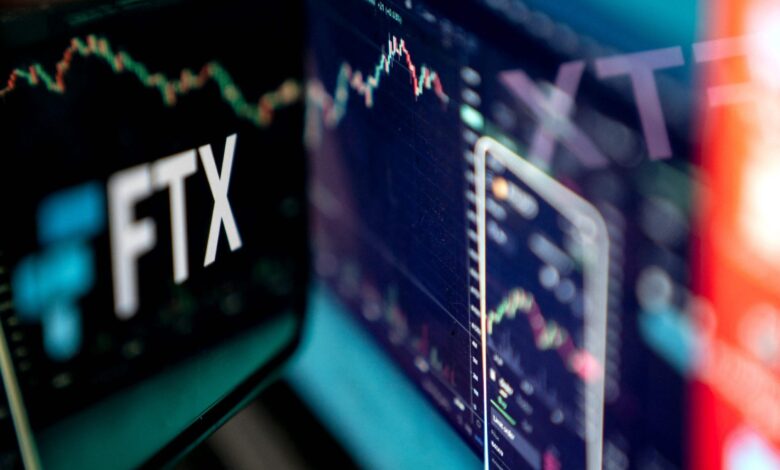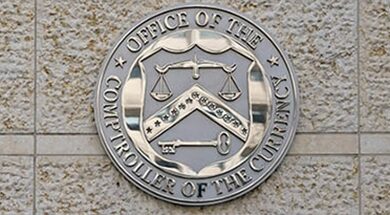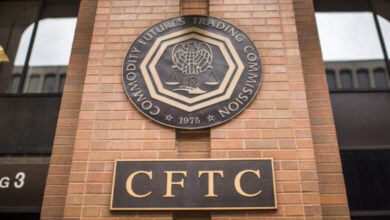FTX Granted Green Light to Liquidate $3.4 Billion in Crypto Assets by Bankruptcy Judge

In a significant development, the collapsed digital asset exchange FTX has received approval from Judge John Dorsey, who oversees its bankruptcy proceedings, to sell a substantial amount of crypto assets.
The approval was granted at the U.S. Bankruptcy Court for the District of Delaware, allowing FTX to sell approximately $3.4 billion worth of assets, including Solana, Ethereum, Bitcoin, and others.
FTX’s plan for asset liquidation, which was initially outlined in August, involves appointing Galaxy Digital, led by Mike Novogratz, as the investment manager responsible for overseeing the sale.
As part of this plan, FTX will initially limit its weekly token sales to $100 million, with the possibility of increasing this limit to $200 million for individual tokens.
Judge Dorsey has indicated that FTX can raise its weekly maximum with written authorization from the court. However, it’s worth noting that sales of Bitcoin, Ethereum, stablecoins, and the redemption of stablecoins will not count towards the $100 million weekly limit.
Additionally, transactions involving the bridging of tokens from non-native blockchains back to their native networks will be excluded from the limit.
FTX faced unexpected bankruptcy in November, attributed to alleged criminal mismanagement, resulting in the disappearance of billions of dollars in customer funds.
The exchange’s new management is now working to repay creditors, and the sale of these assets will help address the originally estimated $7 billion deficit.
A recent court filing revealed that FTX holds assets worth $1.16 billion in Solana (SOL), $560 million in Bitcoin (BTC), $192 million in Ethereum (ETH), and $137 million in Aptos (APT). These valuations are based on cryptocurrency prices as of August 31.
It’s important to note that approximately $800 million in cash and public equity has already been recovered.
Sam Bankman-Fried, the former CEO and co-founder of FTX, is awaiting a significant criminal trial scheduled for October following the collapse of the crypto exchange.
Bankman-Fried has been arrested and charged with 13 criminal offenses, including wire fraud, securities fraud, conspiracy to commit bank fraud, and defrauding the Federal Election Commission.
In the wake of this groundbreaking development, two critical factors loom large on the horizon. Firstly, the recent case against FTX who is suing blockchain company Layerzero Labs in an attempt to claw back a $45 million deal and over $40 million in withdrawals made in the last days before FTX filed for bankruptcy. This raises questions about the handling of assets during such turbulent times.
Second, the method and responsibility with which these assets will be sold bear immense significance. Will FTX opt for a measured approach, conducting over-the-counter (OTC) transactions, or will they resort to rapid asset dumping on exchanges?
The repercussions of these decisions will undoubtedly cast a shadow over cryptocurrency markets, particularly the fate of Solana, given FTX’s substantial holdings in the cryptocurrency.
The crypto community will be watching closely as these intricate threads of financial recovery unravel, with potential implications reverberating far beyond the confines of this case.





